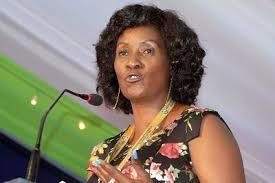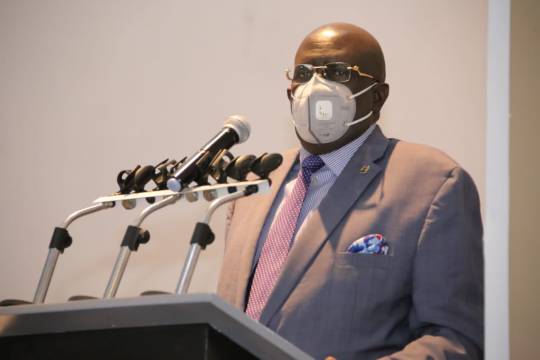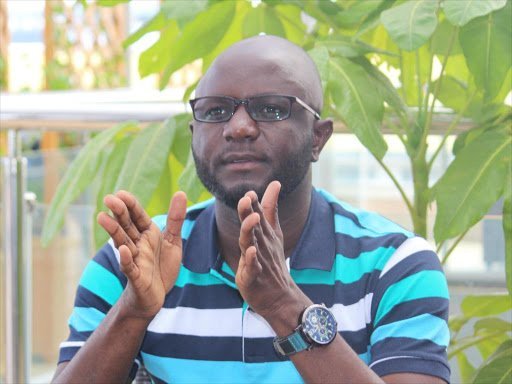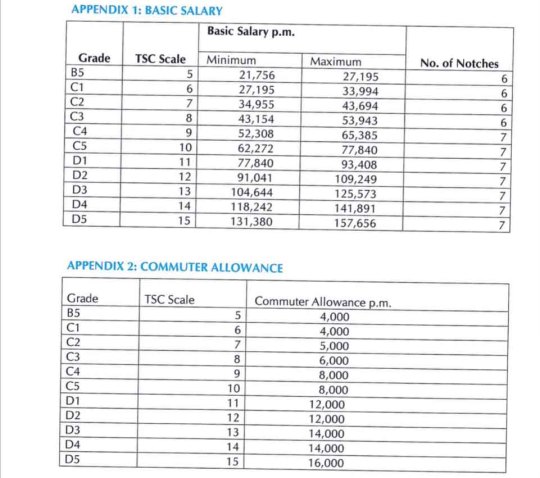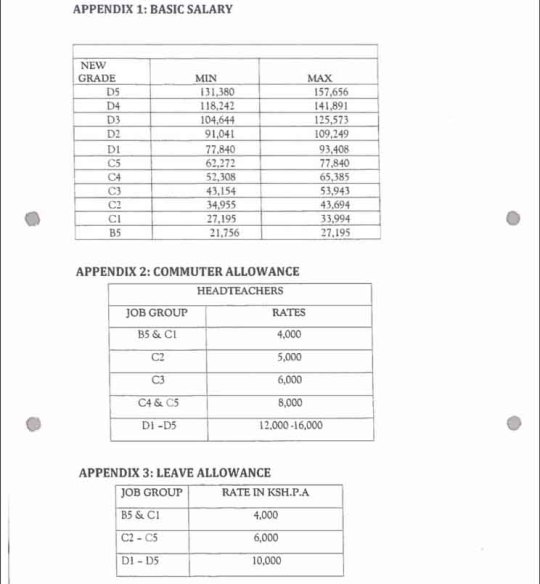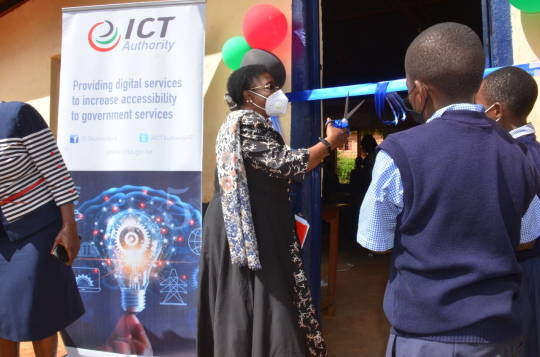
Govt. Distributes Over 7,000 Learning Tablets To Students Under Digital Literary Program
The Digital Literary Program has already reached 194 schools out of 210 in Taita-Taveta County, with over 7,000 learning tablets distributed to students.
In addition, 388 devices have been distributed to teachers, and 194 projectors have been installed in selected schools to improve the digital learning experience in the classroom.
After providing tablets to students in public schools, the next step is to install network distribution infrastructure that will allow schools to go “live.”
The government is supporting this initiative by connecting schools to the internet via the National Optic Fibre Backbone Infrastructure (NOFBI).
This aimed to connect schools within a kilometre of the fibre and use microwave points for schools within a 10-kilometre radius.
The Program is designed to introduce students to the use of the internet to support educational activities and to promote research.
It is also expected to bridge the digital divide between urban and rural educational institutions by extending internet bandwidth to far-flung and remote schools across the 47 counties.
Prof. Fatuma Chege, Principal Secretary (PS), State Department for Curriculum Implementation, urged students to use tablets responsibly and to improve digital and cyber security while conducting research on the internet.
“There should be responsible use for tablets, especially now that our learners can access the internet,” she said.
Majala Mlaghui, Deputy Governor of Taita-Taveta, praised the SchoolNet program as a game-changer in how students learn in schools.
She predicted that schools would produce tech-savvy students who would be able to thrive in a world where everything was being digitized and interactions were becoming virtual.
“Digital lessons the learners are getting will hold them in good stead in a world that is rapidly getting digitized,” she said.
She went on to say that the County Government would work with the National Government to improve service delivery by connecting all public facilities in urban and rural areas to the internet.
Senator Johnes Mwaruma, a strong supporter of indigenous languages in schools, had asked in the Senate why Kitaita and Sagalla were not included in the CBC curriculum.
Later, he issued a public call to scholars in the region to provide orthographic materials on local languages for evaluation by the Kenya Institute of Curriculum Development (KICD).
“I have received materials from scholars that I intend to give to linguistic experts at KICD for evaluation. We hope to have our two languages included in the curriculum for indigenous languages,” he said.
Local ICT promoters predict that with the rapid expansion of the Ajira Digital Program and the establishment of Youth Empowerment Centers with high-speed internet connectivity, the creation of online jobs for young people will increase, lowering the region’s unemployment rate.
They also anticipate an increase in demand for digital content for students.
Mr. Michael Yande, a Voi internet provider, claims that digital literacy in primary schools has eliminated the need for employees to be retrained on computer literacy.
Also Read:
He stated that students would leave school with skills that would allow them to transition smoothly into the labor market.
“We will not need to train them in internet use. They already have the skills required for online jobs and other digitally-enabled employment,” he said.
Govt. Distributes Over 7,000 Learning Tablets To Students Under Digital Literary Program



